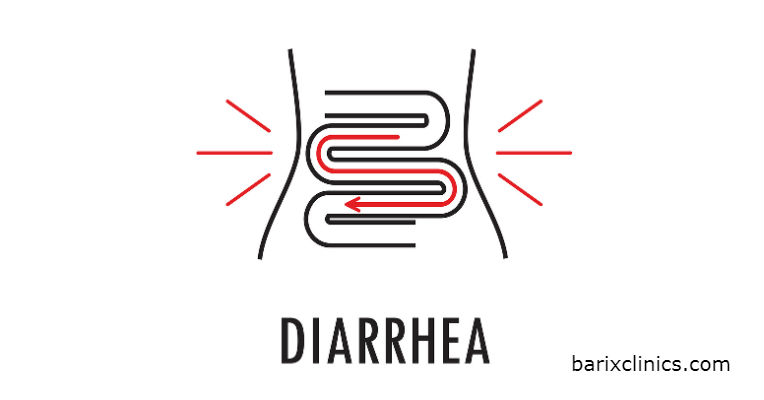There are bound to be some changes to your bowel pattern after weight loss surgery. With a smaller intake of foods and fluids, which may move more quickly or more slowly through your digestive system, you’ll have to find a new normal for your body. Although you may have periods of constipation or diarrhea, you shouldn’t accept that as normal. Making a few alterations in your diet can help you become regular.
As with any medical condition, consult with your doctor before beginning any treatment.
Diarrhea
Your post-bariatric-surgery body may tolerate foods and beverages very differently than before. If diarrhea is severe or lasts more than two days, contact your surgeon’s office. Dehydration can develop quickly.
What causes diarrhea and what can you do about it?
- Lactose, the sugar found in milk and to a lesser degree in other dairy products, is a common cause of diarrhea after weight loss surgery. If you suspect lactose intolerance, avoid dairy for 3 days. If your symptoms (gas, bloating, and/or diarrhea) resolve, lactose may be the cause. Slowly add dairy products with a lower lactose content back into your diet (yogurt, cottage cheese, cheese, and some protein drinks) and switch to lactose-free milk.
- High-fat foods can rapidly move down your digestive system, not allowing time for fluids to be reabsorbed. If the stool is light in color, floats on the top of the water, and looks oily—look at the fat content of the foods you are eating.
- Added sugars can cause dumping syndrome, mostly for those who had gastric bypass surgery. The symptoms of dumping syndrome can vary, but basically, you feel like you have the flu. You may be light-headed, dizzy, very tired, nauseated, weak, have muscle aches, and may or may not have diarrhea. Keep your intake of added sugars to 2 grams or fewer per serving to prevent dumping syndrome.
- Sugar alcohols are used to sweeten no-added-sugar or sugar-free products. Sugar alcohols don’t impact your blood sugar or insulin levels like added sugars do. They are lower in calories and don’t cause tooth decay. The only downside is that if you consume too much, they can cause gas, bloating and diarrhea. Individual tolerance varies, but most people can tolerate about 7 grams of sugar alcohol per day without the downside. Sugar alcohol is listed separately on the Nutrition Facts label. You can also find them in the ingredient list: maltitol, hydrogenated starch hydrolysates, isomalt, lactitol, mannitol, sorbitol, xylitol, and erythritol. Erythritol is the exception and typically does not cause gastric side effects even if consumed in large amounts. It tastes good and works well in baked products. You can purchase it online in granulated and powdered form.
- Drastic changes in dietary fiber can lead to either constipation or diarrhea. Gradually make changes to your intake of fiber-rich foods or fiber supplements.
Probiotics may help.
You may want to consider a probiotic supplement to help increase the number of “good” bacteria in your large intestine. This can reduce diarrhea and constipation. Look for a product with 2 billion or more live cultures. Yogurt and kefir are good sources of dietary probiotics as well.
If you need some extra help:
It’s important to stop diarrhea before it leads to dehydration. Sometimes a medication will be needed to do that. You don’t want to rely on medications, which treat the symptoms, long-term, but make changes to your diet that will eliminate the cause of diarrhea. Imodium is a good medication to start with. Check with your surgeon’s office for alternatives if this is not effective. Note that Pepto-Bismol, a common anti-diarrhea medication contains an aspirin-like compound and should not be taken after weight loss surgery.
Stay in contact with your surgeon’s office.
Diarrhea or constipation can signal other non-food related issues. Keep in contact with your primary care physician and surgeon’s office if you are not able to achieve regularity on your own.
Download On Track with Barix: Be Regular


